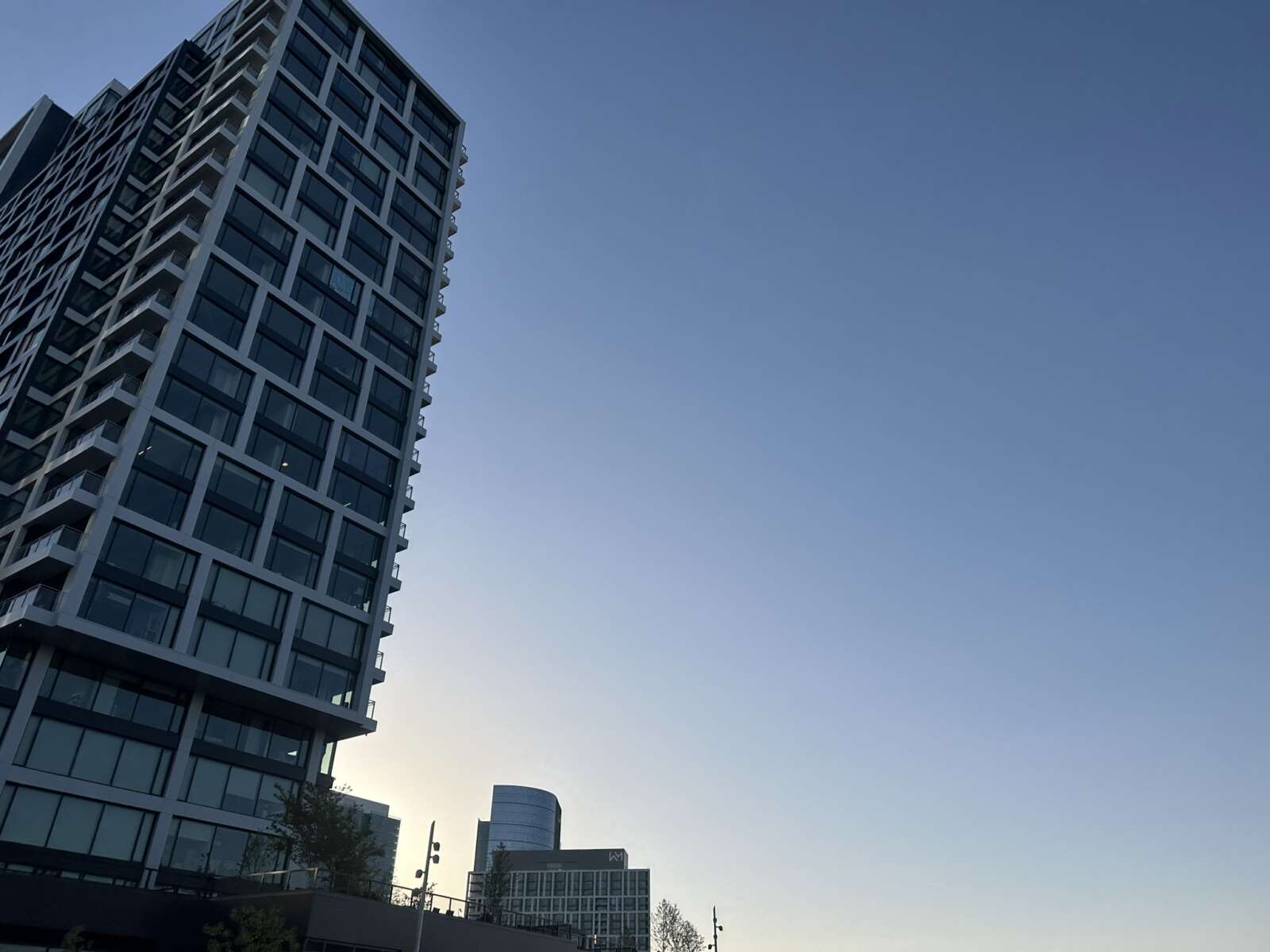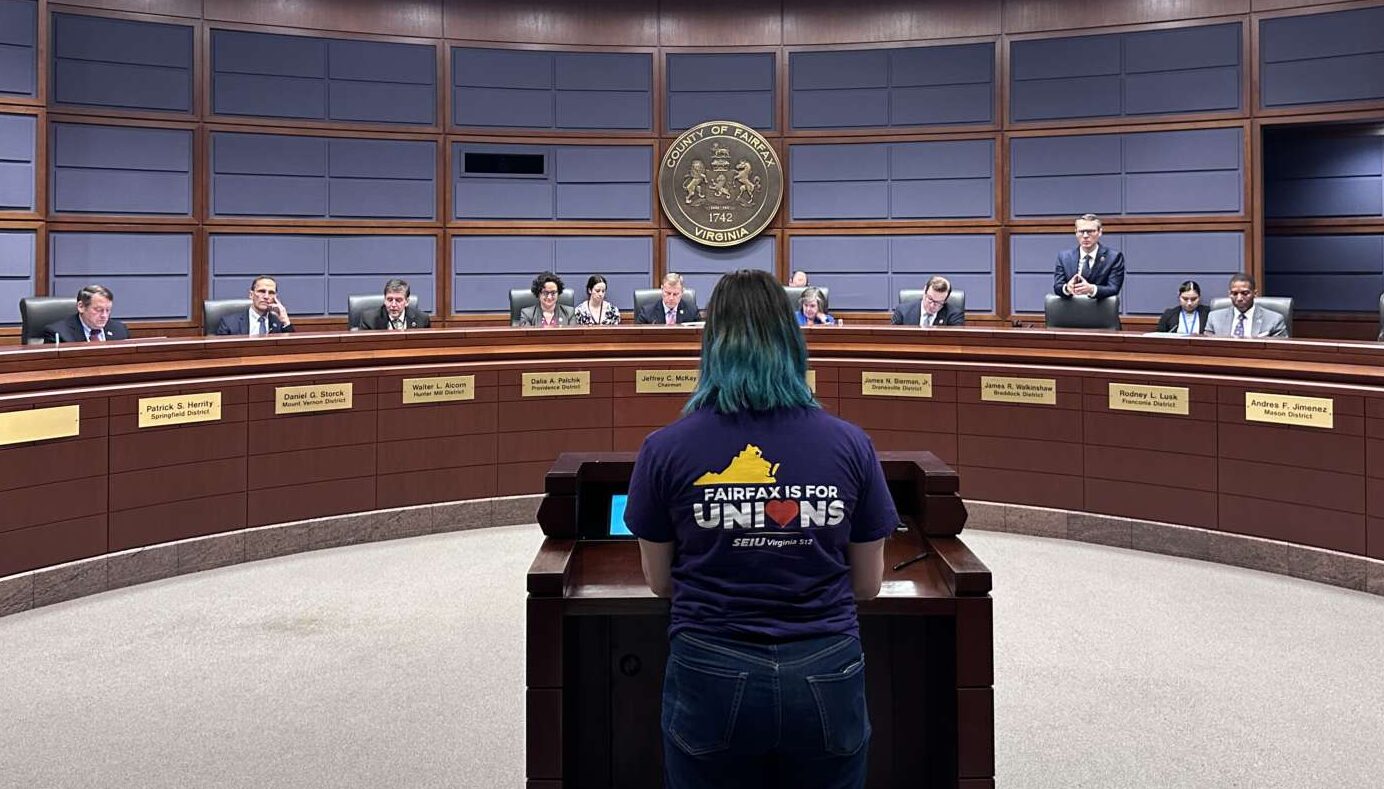While helping a couple narrow down the focus of their Reston home search recently, the husband made a statement that he would never own a condominium because the fees were in his opinion “a total rip-off.” As a condo dweller active on my condo’s Board of Directors for years, I’ve heard this sentiment on condo fees many times before.
When you own a townhouse or a single-family home, you understand that sooner or later you will have replace your water heater, roof, windows, siding or appliances. Hopefully, you have a financial plan that allows you to save for the replacement of things as they wear out. It is a “pay me now or pay me later” situation, but you are going to pay. When you defer home maintenance, you won’t get top dollar for your property when you go to sell. Most people would prefer to save a little bit each month in anticipation of home repairs rather than face a large unplanned expense. Condo management requires this forced savings.
Every year condominiums in Virginia are required to confirm that they are reserving enough money to repair, replace and maintain the property. If a condo has not adequately reserved (saved) the money needed to make repairs and has a sudden failure in a common element, it must make a special assessment in order to make whatever repairs are needed to maintain the property.
So, a rip-off? Not if your property is properly maintained.
What are my condo fees paying for anyway?
In a condominium, the fees fund two categories: operating expense and reserve funds. The operating expenses are the monthly costs required for trash, grounds maintenance and snow removal, administration and condo management.
The reserve funds represent the anticipated cost of replacing and repairing common elements of the property like roofs, sidewalks, and elevators. The amount of money needed in the reserve fund is determined by a study which by law, is undertaken at least every 5 years for the purpose of determining how much money is needed to repair, replace and restore the capital components of the property. Every year condominiums in Virginia are required to review their study results and confirm that they are reserving enough money to repair, replace and maintain the property.
Before you choose this form of own ownership consider:
- Condo life involves a lot of governance
- Well-run condos always include an active membership
Some leadership decisions might be unpopular, but they ultimately protect the membership from unplanned assessments by insuring that reserves are adequate to meet the expected and unexpected repairs.
When looking at condominium ownership, you will have a chance to review a Resale Package that will include the condominium bylaws, rules and regulations, current financial reports, and audited financial reports. Review these carefully looking for potential problems. Questions to ask should include:
- What do the audited financial statements say about the reserve funds? Are they adequate?
- What major projects/repairs are anticipated for the upcoming year?
- What projects were completed in the prior year?
The other thing to consider is what type of condo environment you are looking at. Is there a doorman, a concierge? The cost of people always goes up, so if you are looking at a condo with these types of amenities you should expect a slow steady rise in condo fees.
Are my condo fees too low?
If you live in a condo where the fees haven’t gone up for years, or if you are looking to buy a condo where they are advertising a low condo fee as a “feature,” take a closer look. The costs of goods and services have not gone down. Try to determine if something isn’t happening that should be happening.
When evaluating the financial position of a condominium there are some cost-of-ownership items that don’t apply in single-family home ownership. One glaring item is the cost of delinquencies — due to owners that are behind in paying their condo fees. While this isn’t the issue it was during the post-housing crash, a well-managed condo will actually provide an allowance for some percentage of delinquent accounts to insure that they have adequate operating cushion. When looking at a condominium’s resale package, be sure to look at the dollar amount of delinquent accounts and ask what that number represents as a percentage of the whole.
So what’s the upside of condo ownership?
In a well-run, well-managed condominium where the Board of Directors takes its responsibility seriously, property values are protected through active maintenance and enhancement of the property. You not only get to enjoy a well maintained property while you live there, you can feel confident about the condition of your property when you go to sell.






